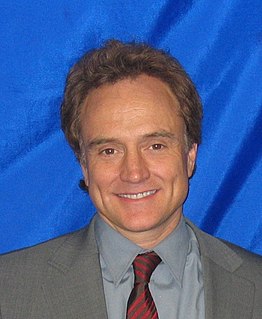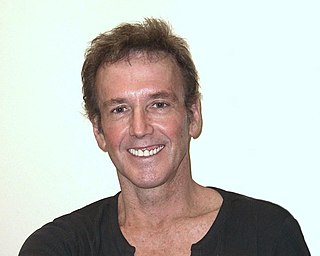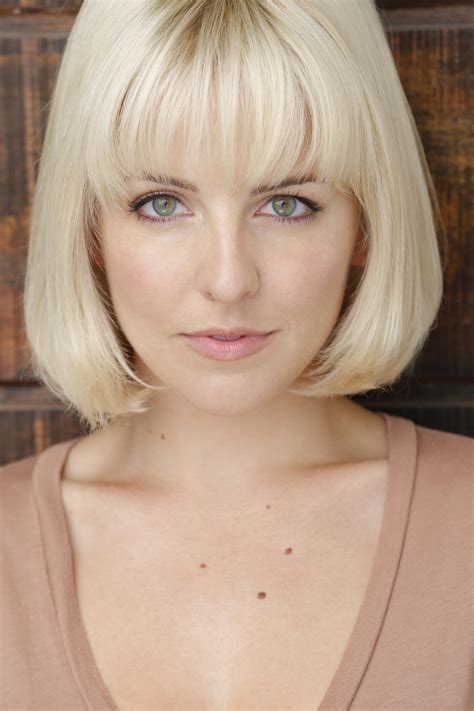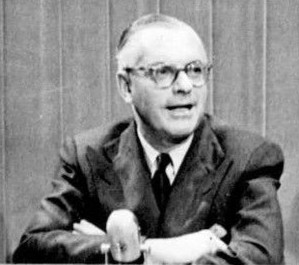A Quote by Bradley Whitford
We're telling a story. And the demands of that are different from the demands of a documentary. The audience must believe in order to keep faith in the story.
Related Quotes
I would like to believe this is a story I’m telling. I need to believe it. I must believe it. Those who can believe that such stories are only stories have a better chance. If it’s a story I’m telling, then I have control over the ending. Then there will be an ending, to the story, and real life will come after it. I can pick up where I left off.
How interesting it would be to write the story of the experiences in this life of a man who killed himself in his previous life; how he stumbles against the very demands which had offered themselves before, until he arrives at the realization that he must fulfill those demands. The deeds of the preceding life give direction to the present life.



































